BROWSE BY DEPARTMENT
- Biotechnology
- Clinical
- Consumables
- Furniture
-
Instruments
- Back
- Sample Collection
How Synexa Achieved My Green Lab Certification: A Model for Sustainable Laboratories
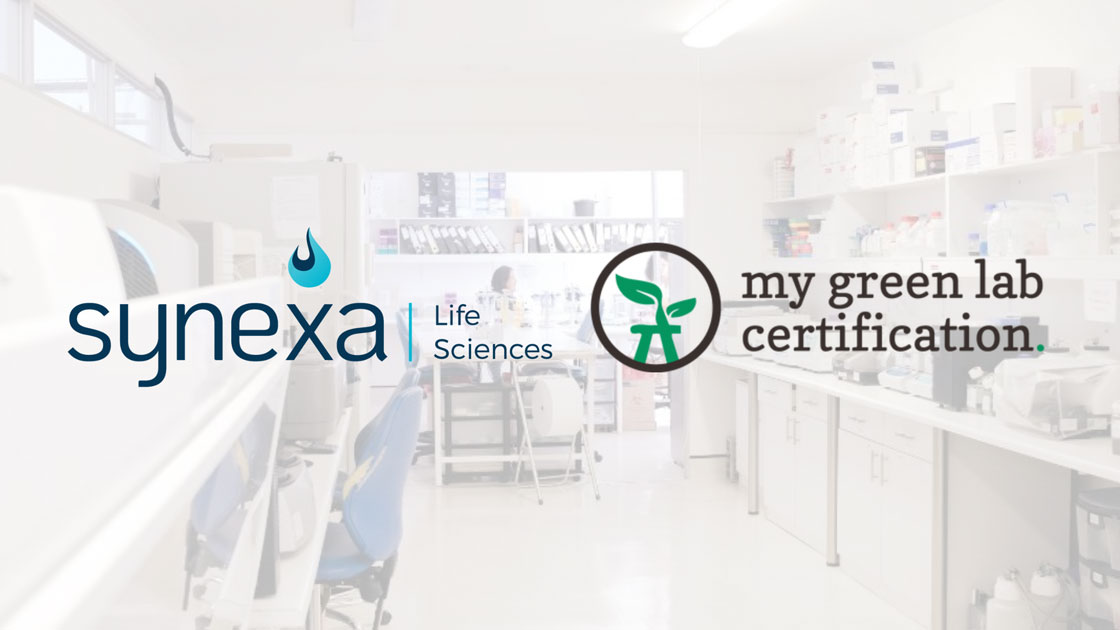
Pioneering Sustainability in the Laboratory Sector
Synexa Life Sciences recently accomplished a significant milestone by achieving My Green Lab Certification at the highest ‘Green’ level at its Cape Town, South Africa facility. This achievement highlights their dedication to sustainability and positions them as industry leaders in environmentally responsible laboratory practices. At Lasec®, we share this dedication to sustainability and are proud to collaborate with innovative companies like Synexa, which are leading the way in creating greener lab environments. Together, we aim to inspire and empower laboratories across Africa to adopt more environmentally responsible practices.
Why Sustainability Matters to Synexa Life Sciences
Founded in 2003, Synexa Life Sciences specialises in biomarker and bioanalytical solutions, offering customised assay development, validation, and delivery. With deep expertise in immunoassays, immunogenicity, flow cytometry, and LC-MS/MS, sustainability has become an integral part of their corporate identity.
According to Melanie Lucas, General Manager at Synexa, sustainability isn’t merely an operational checkbox but an essential aspect of business resilience, responsible leadership, and scientific innovation. Synexa firmly believes in reducing environmental impact without compromising scientific excellence.
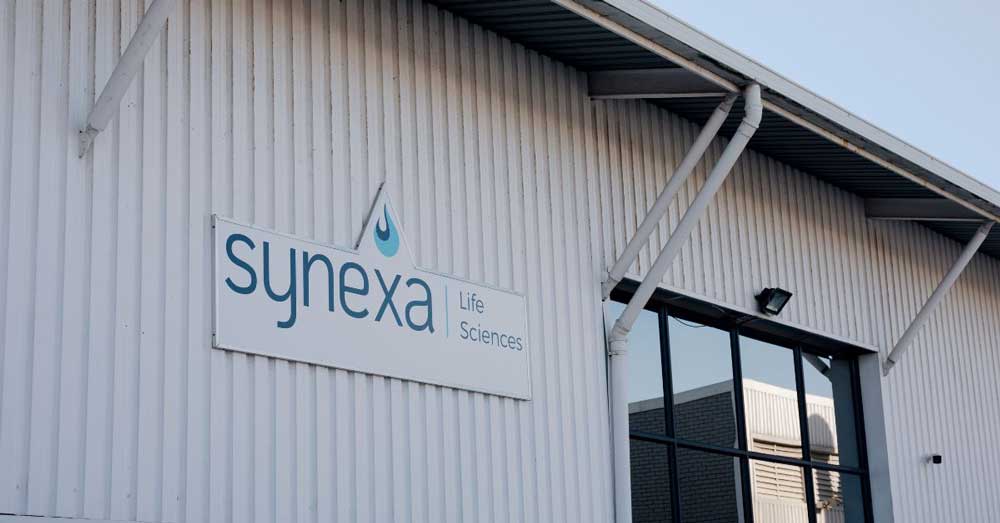
The Path to My Green Lab Certification
Synexa’s journey towards My Green Lab certification involved several strategic and practical steps:
Baseline Assessment
Initially, the team conducted a comprehensive assessment to evaluate energy usage, waste handling, chemical management, and equipment efficiency. This provided clarity on areas needing improvement.
Formation of the Green Team
A dedicated internal task force known as the Green Team was established, comprising passionate employees across various departments. Their role was critical in championing sustainability initiatives, conducting training, and driving employee engagement.
Key Challenges and Practical Solutions
Implementing sustainable practices in a fast-paced lab environment presented unique challenges. Synexa faced constraints around prioritising sustainability amidst tight deadlines and demanding operational requirements. However, they successfully overcame these by intentionally allocating dedicated sessions for sustainability activities, securing leadership buy-in, and embedding green practices into routine procedures.
Impactful Sustainability Initiatives
Synexa implemented several impactful initiatives that significantly advanced their sustainability goals:
- Equipment Optimisation: Launched a ‘shut-the-sash’ campaign for fume hoods and transitioned to energy-efficient equipment.
- Energy Management: Established shutdown protocols for incubators and laboratory equipment during downtime.
- Employee Engagement: Enhanced communication and introduced visual prompts within labs to encourage environmentally conscious behaviours.
- Waste Management: Expanded recycling streams to improve overall waste segregation.
These incremental changes collectively fostered substantial progress in Synexa’s sustainability performance.
Embedding Sustainability into Synexa’s DNA
Receiving My Green Lab certification has profoundly influenced Synexa’s operational and corporate culture. Sustainability now guides procurement decisions, operational processes, and strategic partnerships. The certification underscores Synexa’s commitment to attracting clients and collaborators who prioritise environmental responsibility.
Advice for Organisations Pursuing Sustainability
Melanie Lucas shares insightful advice for other organisations: “Start small but remain intentional. Sustainability is most effective when it is a shared responsibility across the team. Use practical tools and frameworks, like those provided by My Green Lab, to facilitate continuous improvement.”
Quoting John C. Maxwell, Lucas emphasises, “The greatest gap in the world is the gap between knowing and doing.” Actionable steps, no matter how small, lead to impactful results.
Join the Sustainability Movement
Synexa Life Sciences has set a powerful precedent for the laboratory industry, demonstrating how intentional, sustainable actions can deliver lasting benefits. By prioritising environmental responsibility, Synexa not only enhances its business operations but also encourages industry-wide adoption of greener practices.
Ready to make your laboratory operations more sustainable? Connect with Lasec® for expert guidance and practical resources.
For more information, contact your Lasec® Sales Representative:
- Phone: +27 21 531 7504
- Email: sales@lasec.com
- Website: lasec.com
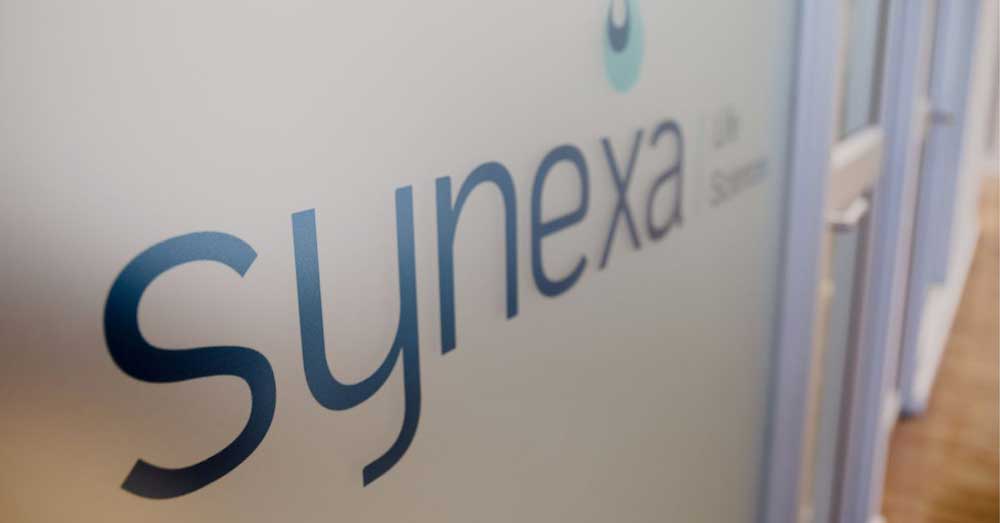
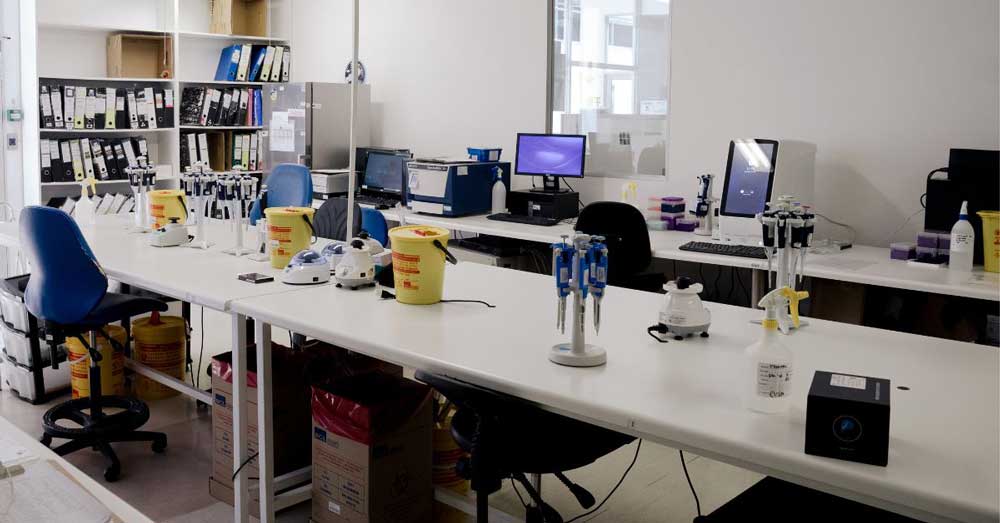
Full Interview with Melanie Lucas, General Manager at Synexa Life Sciences
Q: Can you tell us about Synexa and the work you do, and how sustainability fits into your overall mission as a company?
Melanie: Synexa Life Sciences was established in 2003. We're a biomarker and bioanalytical solutions provider with a focus on leading with science. We specialise in the development, validation, and delivery of complex, custom-designed assays through a network of laboratories staffed by highly skilled scientists. We are customer-centric and agile, with deep expertise in immunoassays, immunogenicity, flow cytometry, and LCMS/MS. Sustainability is not just a corporate objective for us—it has become a core principle that underpins our operations. As a company grounded in scientific integrity and innovation, we recognise the need to reduce our environmental footprint while advancing healthcare solutions. We view sustainable operations not as a checkbox, but as an essential part of long-term business resilience, responsible leadership, and scientific excellence.
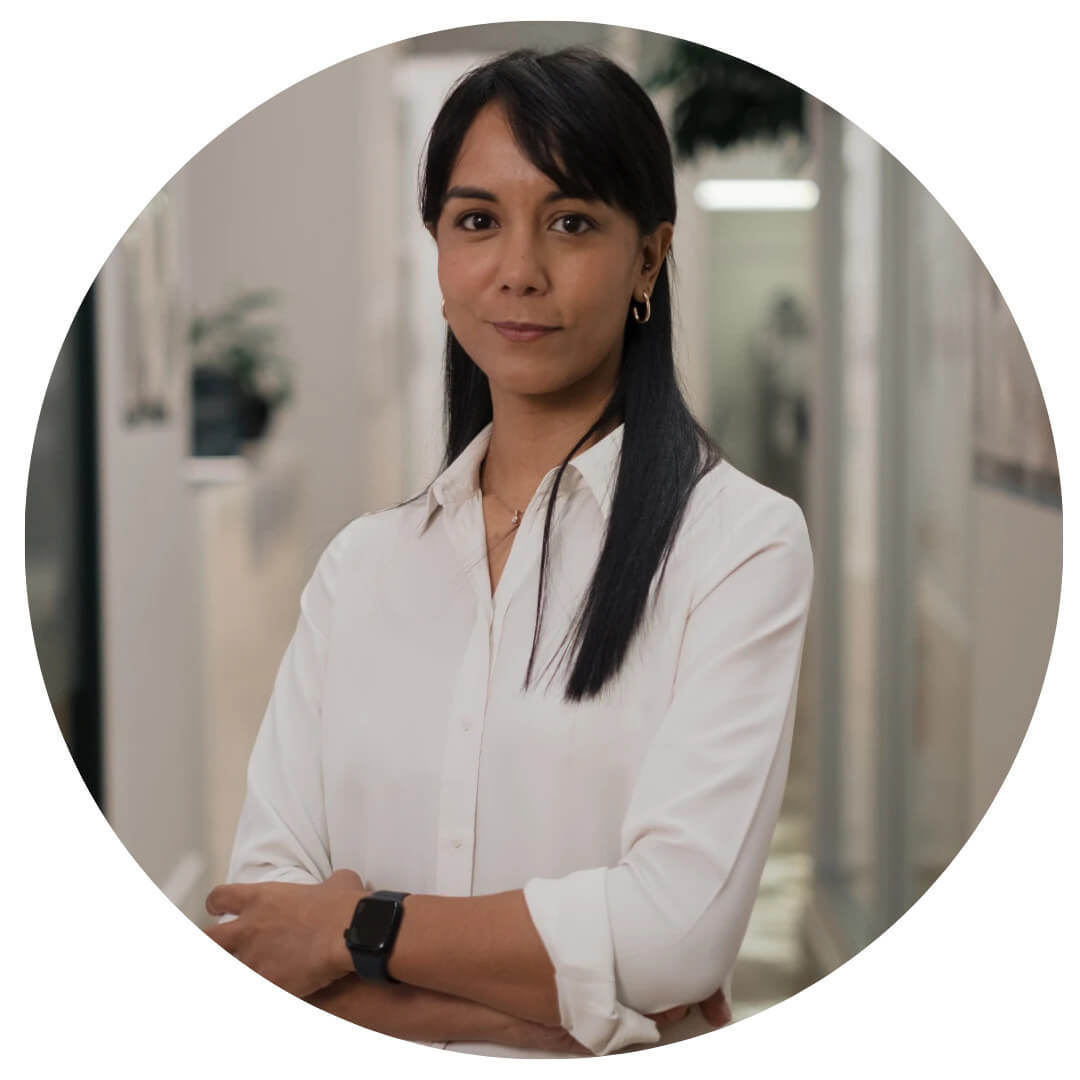
Q: Achieving My Green Lab status is a significant accomplishment. Can you walk us through the journey your team took to reach this milestone?
Melanie: Our journey toward My Green Lab certification began with a shift in mindset—acknowledging that even small, everyday lab practices have environmental consequences. We conducted a baseline assessment of energy usage, waste handling, chemical management, and equipment practices, which helped us identify key areas for improvement. We also established a project coordinator and a Green Team—an internal task force comprised of passionate staff from various departments. The team championed change, engaged colleagues, and rolled out training initiatives. The certification process helped formalise our efforts and provided a framework to measure
Q: What were some of the key challenges you faced during the process of becoming My Green Lab certified, and how did you overcome them?
Melanie: To be honest, one of the major challenges was simply making time for sustainability in a fast-paced lab environment. With tight deadlines and operational demands, it’s easy to view sustainability as secondary. We overcame this by intentionally prioritising it—scheduling dedicated sessions, gaining leadership support, and integrating green practices into daily routines. I am especially grateful to our project coordinator and Green Team, whose dedication and drive kept us focused and made the journey both impactful and rewarding. This shift helped embed sustainability into both our culture and long-term planning.
Q: How has receiving My Green Lab status changed the way Synexa approaches sustainability, both within your laboratory operations and as part of your corporate culture?
Melanie: Achieving My Green Lab status has embedded sustainability deeper into our DNA. It’s no longer a side initiative; it’s the way in which we view decisions across our lab and business operations. In our labs, it has resulted in more thoughtful resource use, better waste segregation, and energy-conscious behaviours. It has also changed the way we think about procurement—in attempts to source suppliers and products that align with our environmental values. Furthermore, it has become a differentiator in how we position ourselves to clients and collaborators who prioritise environmental responsibility, making it a key aspect of our business approach.
Q: Could you share a few specific initiatives or changes you implemented that had the greatest impact on your sustainability efforts and helped you achieve My Green Lab status?
Melanie: Some of the most impactful initiatives included:
Equipment usage optimisation: We implemented the ‘shut-the-sash’ campaign for our fume hoods and replaced older equipment with energy-efficient models.
Energy optimisation: We scheduled shutdown protocols, where feasible, for incubators and other equipment when not in use.
Staff engagement: We shared targeted communications and introduced visual prompts in labs to reinforce environmentally conscious behaviours.
Waste reduction: We increased recycling streams throughout the facility, improving overall waste segregation.
These changes, while often small in isolation, added up to a meaningful shift in how we operate day-to-day.
Q: What advice would you offer to other organisations or labs looking to embark on their own sustainability journey or achieve My Green Lab certification?
Melanie: John C. Maxwell said, "The greatest gap in the world is the gap between knowing and doing." That perfectly sums up sustainability in the lab. Once a lab knows what it should be doing, turning that knowledge into consistent action is where the real impact begins. Start small but be intentional. Don’t wait for the perfect moment—begin by assessing where you are, identifying a few quick wins, and build momentum. Engage your team early and often; success comes when sustainability is seen as a shared responsibility. Leverage the My Green Lab tools and community. Their framework is practical, science-driven, and adaptable to labs of all sizes. Continuous improvement is key, and every step forward matters.
Frequently Asked Questions (FAQs)
Q: What is My Green Lab Certification?
A: A global standard recognising laboratories for implementing environmentally sustainable practices.
Q: What immediate steps can labs take to become more sustainable?
A: Conduct an initial sustainability assessment, engage employees, optimise equipment usage, and enhance recycling practices.
Q: How does sustainability benefit lab operations?
A: Improves operational efficiency, reduces environmental impact, strengthens brand reputation, and aligns with global sustainability goals.
Related Posts
Why Supplier Choices Matter in Sustainable Procurement for Laboratories
June 5, 2025| Posted in Sustainability| 618
Sustainability in Science: 8 Smart Ways to Reduce Water Waste in Your Lab
August 20, 2025| Posted in Sustainability| 419
University of Cape Town’s IDM Becomes Africa’s First My Green Lab-Certified Academic Research Institute
November 26, 2025| Posted in Sustainability| 268
Lab Sustainability Insights, Resources & 2025 Highlights
December 22, 2025| Posted in Sustainability| 190
What Cold Storage is Best for Your Biological Samples?
September 4, 2019
Introducing the Bio-Rad C1000 Touch Thermal Cycler
October 6, 2021
Self-Sampling Swab from Copan
September 4, 2019
Comprehensive Guide to Quality Control in Food & Beverage Industry
September 4, 2019
Is Your Laboratory Workbench Protected?
September 4, 2019
Lab Sustainability Insights, Resources & 2025 Highlights
December 22, 2025
LASEC Partners with Bioeksen
September 5, 2025
Topics
Tags
Events
Promotions
Memmert Cooled Incubator
Covid19
TB
Tuberculosis Testing
RAL Diagnostics
Treatment
Diagnosis
Mycobacterium Tuberculosis
Africa
Quick TB Test
TB Prep Kit
Fluo-RAL Methylene Blue Kit
RAL Stainer
DNA
RNA
Protein Purification
Kits
96-well plate
easy-to-follow procedure
Quick preparation time
Webinar
COVID-19 Testing Solutions
Sampling
RNA Extraction
RT Reaction
qPCR
Analysis and Validation
Sample Collection Kits
Purification Kits
Real-Time PCR
Covid Antibody and Antigen Rapid Tests
cell
greiner
gbo
cellstar
cell culture plates
cell culture flasks
cell culture dishes
mass cell culture
cellmaster
cell culture roller bottles
cell disc
tissue culture
vaccine production
genetic engineering
viral diagnostics
cancer research
3d cell structure
3d cell model
cell culture company
collagen type 2
cell culture techniques
Magnetic 3D Cell Culture technology
surface
quality control testing
Food
pathogen
pathogen
pathogen
listeria
packaging
QC
chemistry
sugar
titration
microbiology
shelf life
water-saving
wastewater
check weighers
beverage
food and beverage
food and beverage industry
quality control
chemistry
microbiology
water testing
Environmental Testing
Lt Sensors
ADInstruments
CFX Opus Real-Time PCR Systems
PCR Systems
quantitative PCR
Bio-Rad
Elpress Hygiene
Staff Hygiene Control
Chemical Dispenser
Ergonomic
microbiology lab equipment
Microbiology Laboratory Consumables
Microbiology Lab Supplies
Microbiology Lab Equipment
Glassware used in the Microbiology Laboratory
Incubation temperature for bacteria
Proven Benefits of Using a Peltier Cooled Incubator
Lasec
Lasec Labs
Lasec Laboratory News
Laboratory News
Laboratory Suppliers
Lasec Laboratory Suppliers
soil moisture meter
soil moisture sensor
Delta-T Devices
Bio-Rad C1000 Touch Thermal Cycler
Sustainability
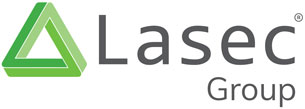

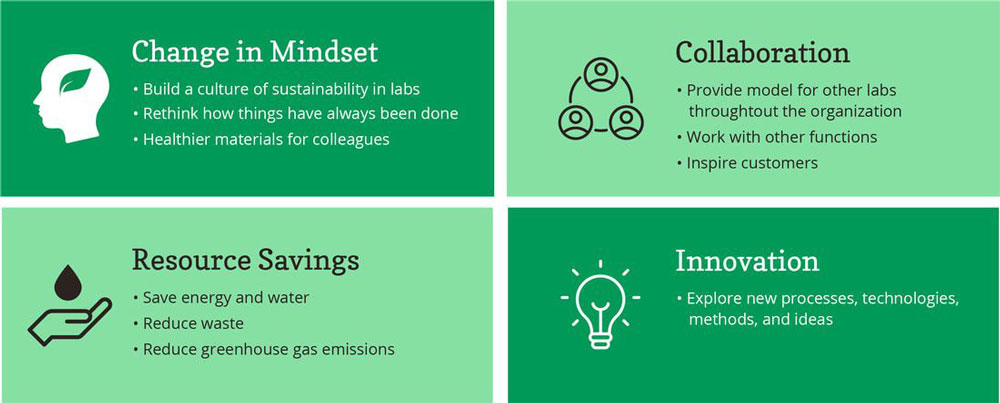

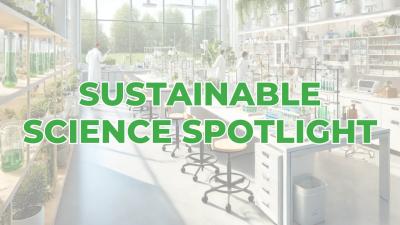
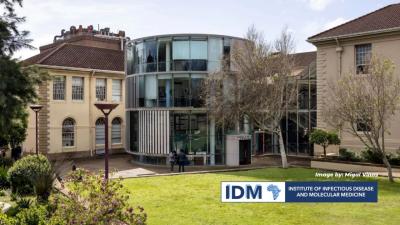
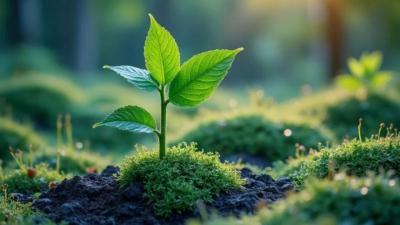










Comments